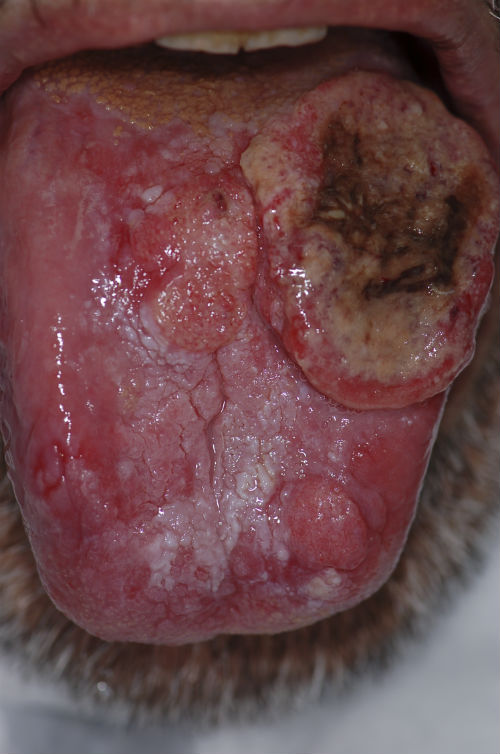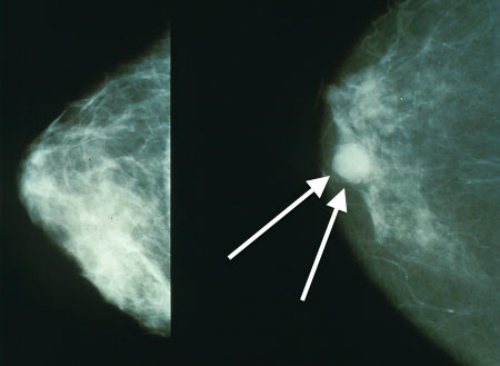- Low-volume alcohol consumption did not reduce mortality risk in this meta-analysis.
- Low volume drinking and occasional drinking do not reduce mortality risk but may increase cancer risk.
- Lifetime abstention confers equal mortality risk but obviates cancer risks.
- Even low-volume alcohol consumption increases risk of numerous cancers.
It is not advisable to suggest that patients consume alcohol in any amounts. Low-volume alcohol consumption has no net mortality benefit compared with lifetime abstention or occasional drinking according to a study published recently in the Journal of Studies on Alcohol and Drugs. “These findings have implications for public policy, the formulation of low-risk drinking guidelines, and future research on alcohol and health,” the authors noted.

In fact, alcohol may increase all-cause mortality rates if cancer risk is factored. Previous meta-analyses have linked alcohol consumption with increased risk of a variety of cancers. (Figures 1 and 2.)
“Previous meta-analyses of cohort studies indicate a J-shaped relationship between alcohol consumption and all-cause mortality, with reduced risk for low-volume drinkers,” the authors wrote. “However, low-volume drinkers may appear healthy only because the abstainers with whom they are compared are biased toward ill health.”

This meta-analysis was intended to determine whether misclassifying former and occasional drinkers as abstainers—and other potentially confounding study characteristics—underlie observed positive health outcomes for low-volume drinkers in prospective studies of all-cause mortality.
The Analysis
These reviewers conducted a systematic review and meta-regression analysis of studies investigating alcohol use and mortality risk. The authors controlled for quality-related study characteristics in an examination of 3,998,626 individuals of whom 367,103 died during the study period.

The analysis included 87 included studies which replicated the classic J-shaped curve that has been associated with alcohol consumption and all-cause mortality. On this curve, low-volume drinkers (1.3–24.9 g ethanol per day) appear to have a reduced mortality risk (RR=0.86, 95% confidence interval [CI] 0.83, 0.90). On the same curve, occasional drinkers (<1.3 g per day) displayed similar mortality risk (RR=0.84, 95% CI 0.79, 0.89), and former drinkers had an elevated risk (RR=1.22, 95% CI 1.14, 1.31).
“After adjustment for abstainer biases and quality-related study characteristics, no significant reduction in mortality risk was observed for low-volume drinkers (RR=0.97, 95% CI 0.88, 1.07). Analyses of higher-quality bias-free studies also failed to find reduced mortality risk for low-volume alcohol drinkers. Risk estimates for occasional drinkers were similar to those for low- and medium-volume drinkers,” the authors explained.
